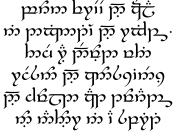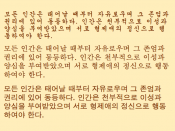This report aims to address the discrimination of gay and lesbian people in Australia from a human rights perspective. Particular emphasis will be placed on Tasmania?s discriminatory position toward homosexuality and the subsequent Nicholas Toonen v. Australia case brought to the United Nations Human Rights Committee (UNHCR). Firstly, I will describe the role of the Universal Declaration of Human Rights (UDHR) in addressing the discrimination of lesbian and gay sexuality and I will discuss the laws regarding homosexuality in various countries. This will lead to the main part of this report with an outline of the Tasmanian case in repealing its Criminal Code, as it was an important decision made by the UNHCR that would dominate any gay human rights discussion in Australia. I will then proceed to enumerate the discriminatory differences between the states and territories of Australia in regard to anti-discrimination legislation, same-sex recognition and an equal age of consent.
In particular, the difficulties associated with differing legislation between the states will be raised and that a uniform legislation would be more prudent in maintaining the human rights and equality for the lesbian and gay community in Australia.
Discrimination occurs when governments, institutions, or individuals treat people differently based on their personal characteristics such as (but hardly limited to) sex, sexual orientation, gender identity, racial or ethnic identity, age, or health (including HIV status). Discrimination can be direct: an explicit policy or law which generates unequal treatment; or it can be indirect: an implicit side effect of another policy or decision.
The UDHR, the first and fundamental international instrument setting forth a body of protected rights, contains two provisions addressing discrimination. Article 2 provides a list of examples of discrimination including, but not limited to, ?race, colour, sex, language, religion, political or other opinion, national or social origin, property, birth or other status.? Although this list may imply that other forms of discrimination may be acceptable, the article also describes in the preceding sentence ?everyone is entitled to all the rights and freedoms without distinction of any kind?. Article 7 also protects individuals from discrimination before the law providing ?equal protection against any discrimination? and against any incitement to such discrimination?.





